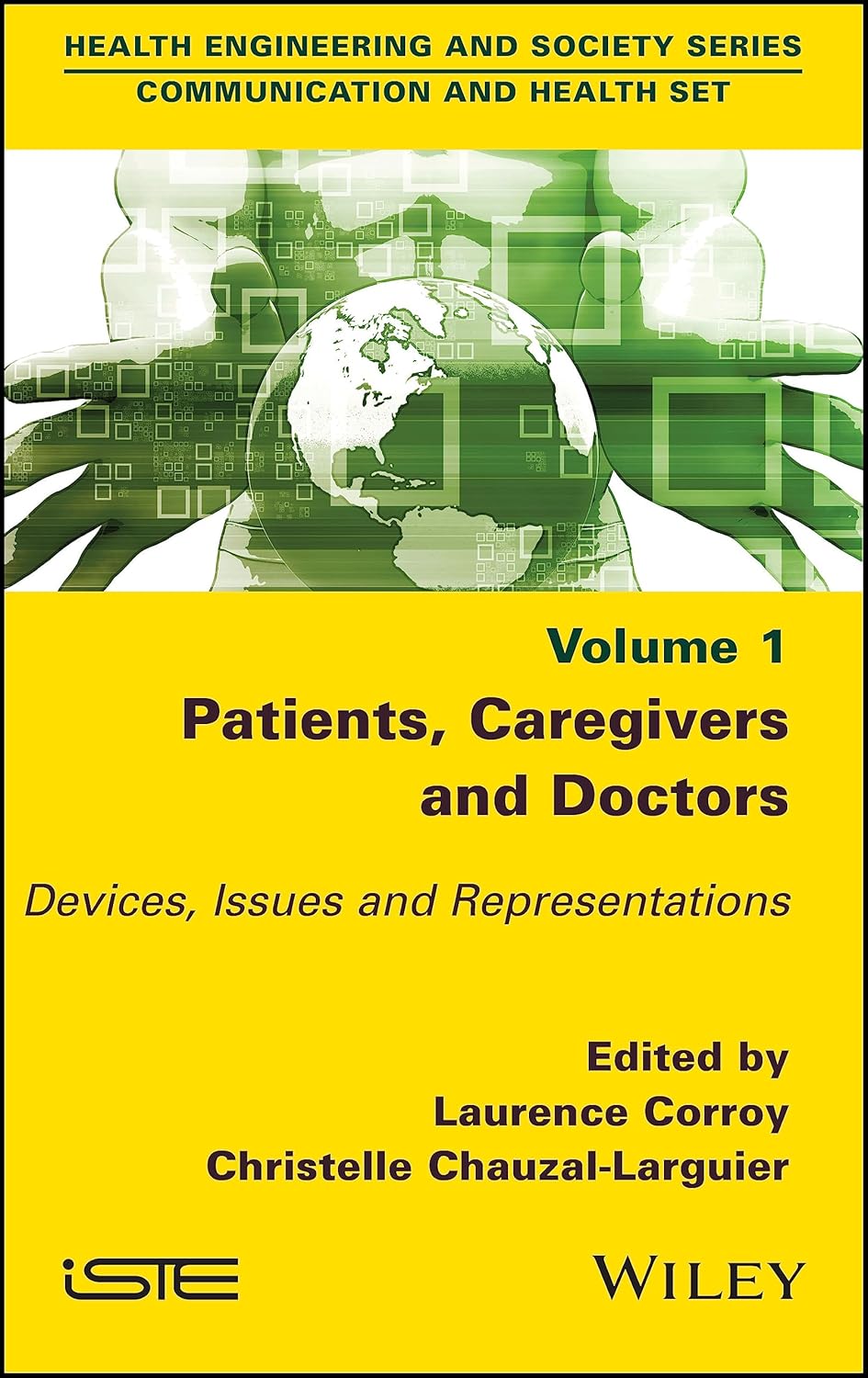
Book
Principles of Argument Structure: A Merge-Based Approach
ISBN : 9780262548274
Author : Chris Collins
Publisher : Mit Press
Year : 2024
Language : English
Type : Book
Description : A new theory of argument structure, based on the syntactic operation Merge and presented through an in-depth analysis of properties of the English passive construction. In Principles of Argument Structure, Chris Collins investigates principles of argument structure in minimalist syntax through an in-depth analysis of properties of the English passive construction. He formulates a new theory of argument structure based on the only structure-building operation in minimalist syntax, Merge, which puts together two syntactic objects to form a larger one. This new theory should give rise to detailed cross-linguistic work on the syntactic and semantic properties of implicit arguments. Collins presents an update and defense of his influential 2005 theory of the passive, including a completely original theory of implicit arguments. He makes a direct empirical argument for the Theta-Criterion against various claims that it should be eliminated. He also discusses the conception of voice in syntactic theory, arguing that VoiceP does not introduce external arguments, a position otherwise widely accepted in the field. He shows how the ”smuggling” approach to the passive extends naturally to the dative alternation accounting for a number of striking c-command asymmetries. He compares syntactic and semantic approaches to argument structure, outlining conceptual problems with adopting formal semantics as the basis for a theory of argument structure. The book will be of interest not only to syntacticians and semanticists, but also to typologists investigating the cross-linguistic properties of the passive, psycholinguists and computer scientists working on natural language understanding, and philosophers thinking about the issue of “implicit content.” It includes an appendix that provides common-sense guidelines for doing syntactic research using internet data.








